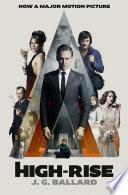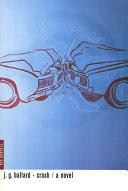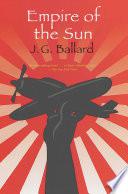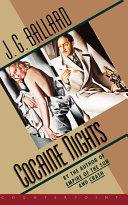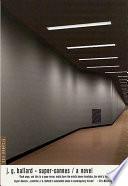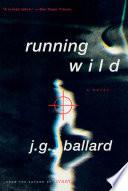James Graham Ballard was an English novelist, short story writer, satirist, and essayist who first became associated with the New Wave of science fiction for his post-apocalyptic novels such as The Drowned World . In the late 1960s, he produced a variety of experimental short stories , such as those collected in the controversial The Atrocity Exhibition . In the mid 1970s, Ballard published several novels, among them the highly controversial Crash , a story about symphorophilia and car crash fetishism, and High-Rise , a depiction of a luxury apartment building's descent into violent chaos.
While much of Ballard's fiction would prove thematically and stylistically provocative, he became best known for his relatively conventional war novel, Empire of the Sun , a semi-autobiographical account of a young British boy's experiences in Shanghai during Japanese occupation. Described by The Guardian as "the best British novel about the Second World War", the story was adapted into a 1987 film by Steven Spielberg starring Christian Bale. In the following decades until his death in 2009, Ballard's work shifted toward the form of the traditional crime novel. Several of his earlier works have been adapted into films, including David Cronenberg's controversial 1996 adaptation of Crash and Ben Wheatley's 2015 adaptation of High-Rise.
The literary distinctiveness of Ballard's fiction has given rise to the adjective "Ballardian", defined by the Collins English Dictionary as "resembling or suggestive of the conditions described in J. G. Ballard's novels and stories, especially dystopian modernity, bleak man-made landscapes and the psychological effects of technological, social or environmental developments". The Oxford Dictionary of National Biography entry describes Ballard's work as being occupied with "eros, thanatos, mass media and emergent technologies".
Wikipedia
✵
15. November 1930 – 19. April 2009
